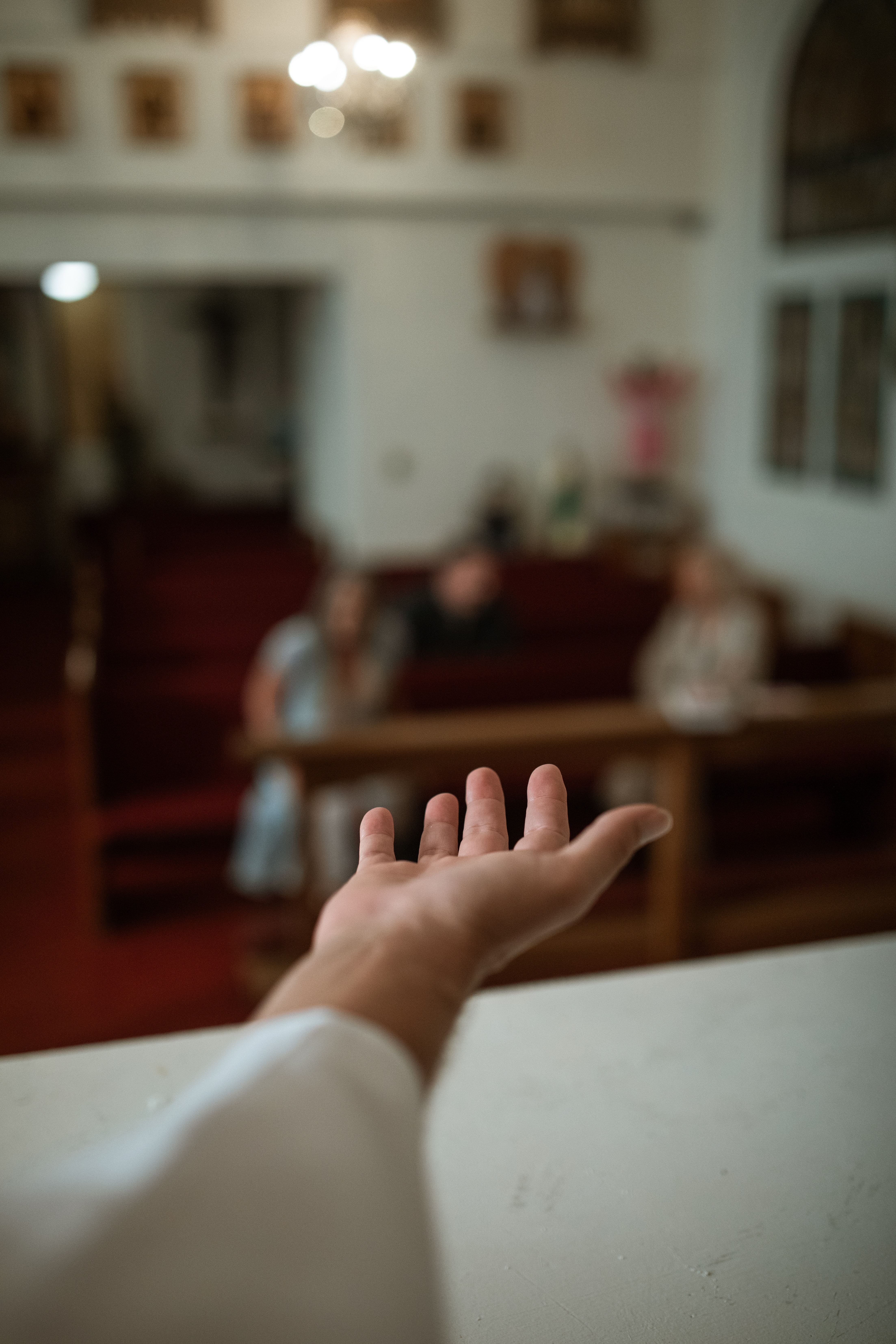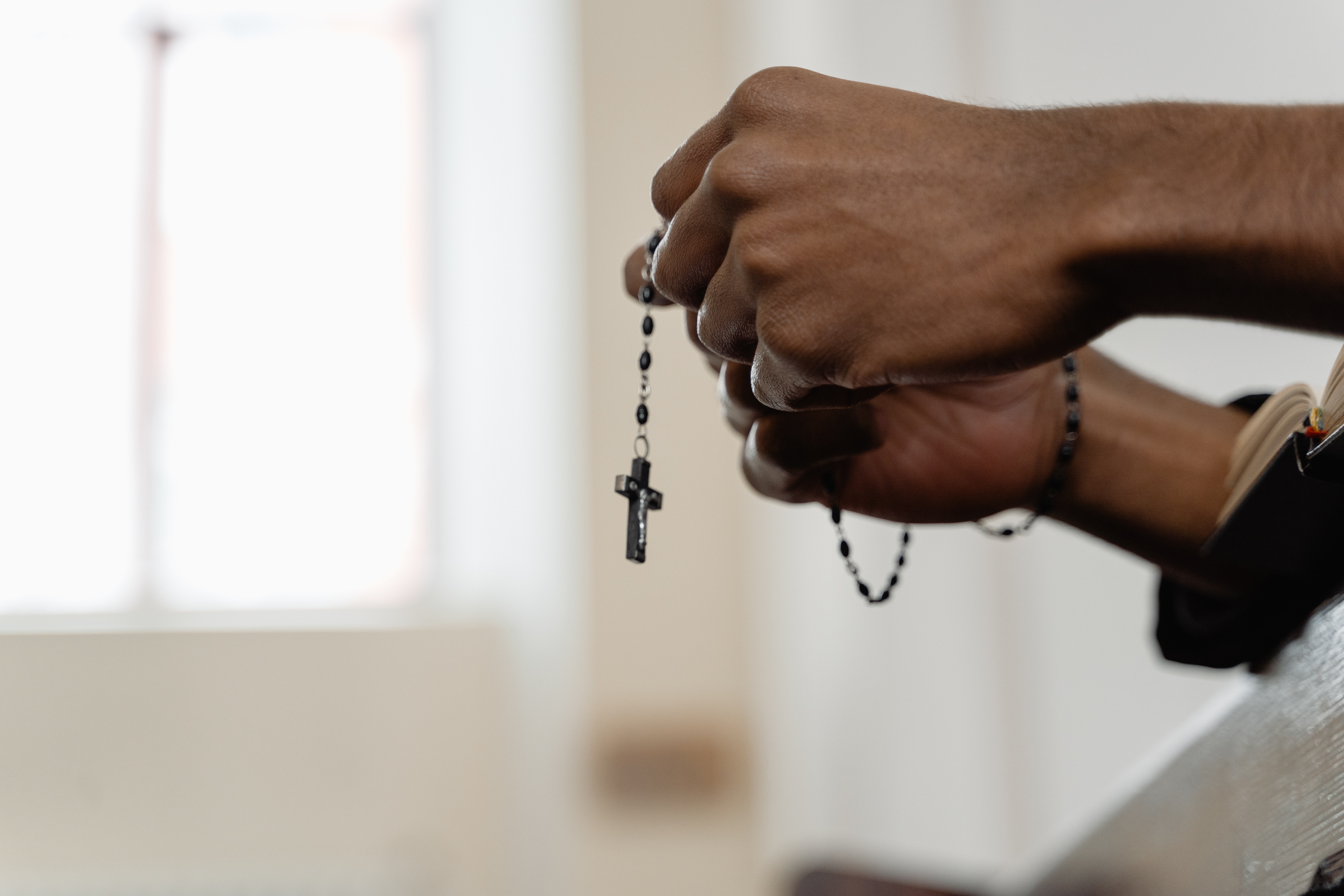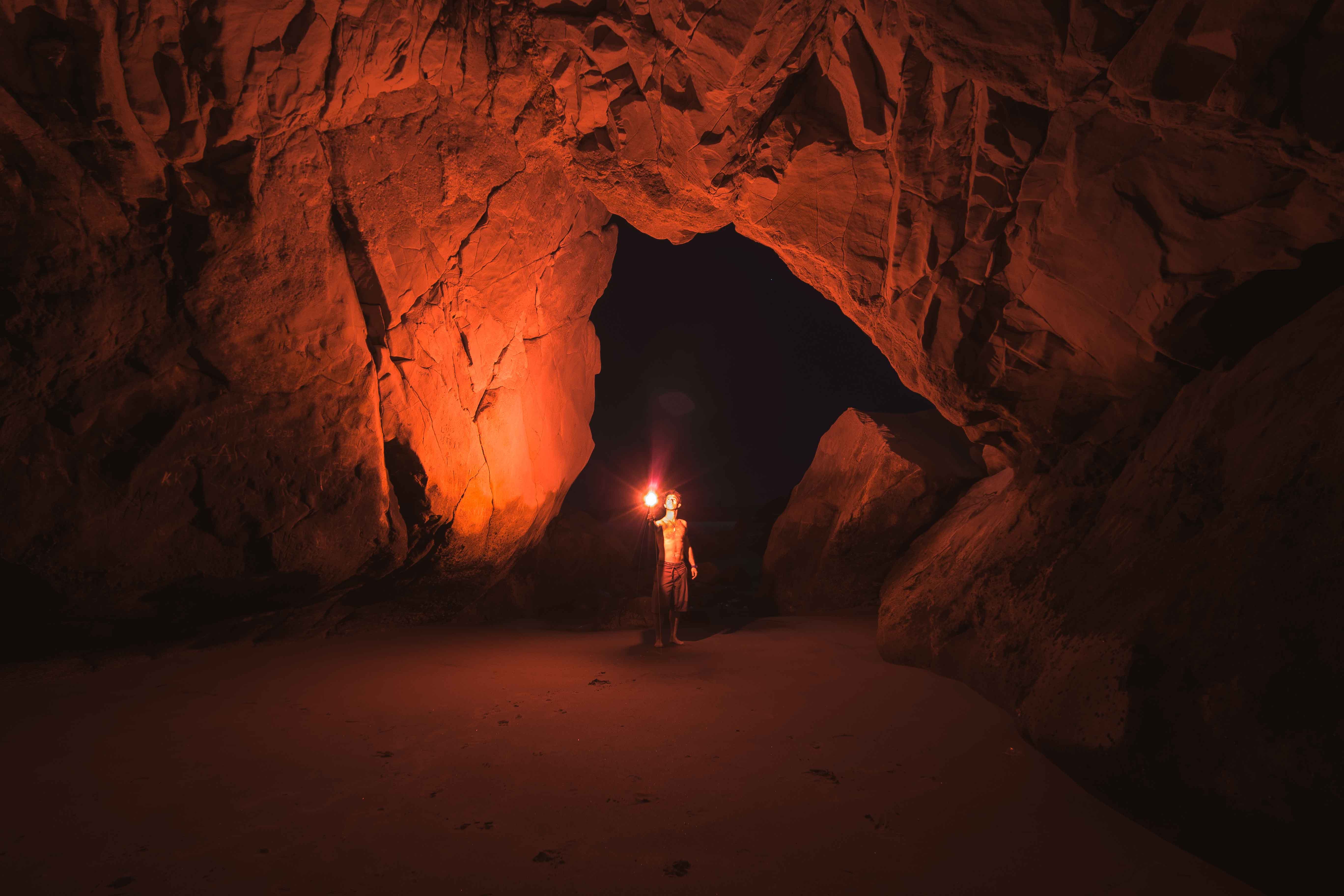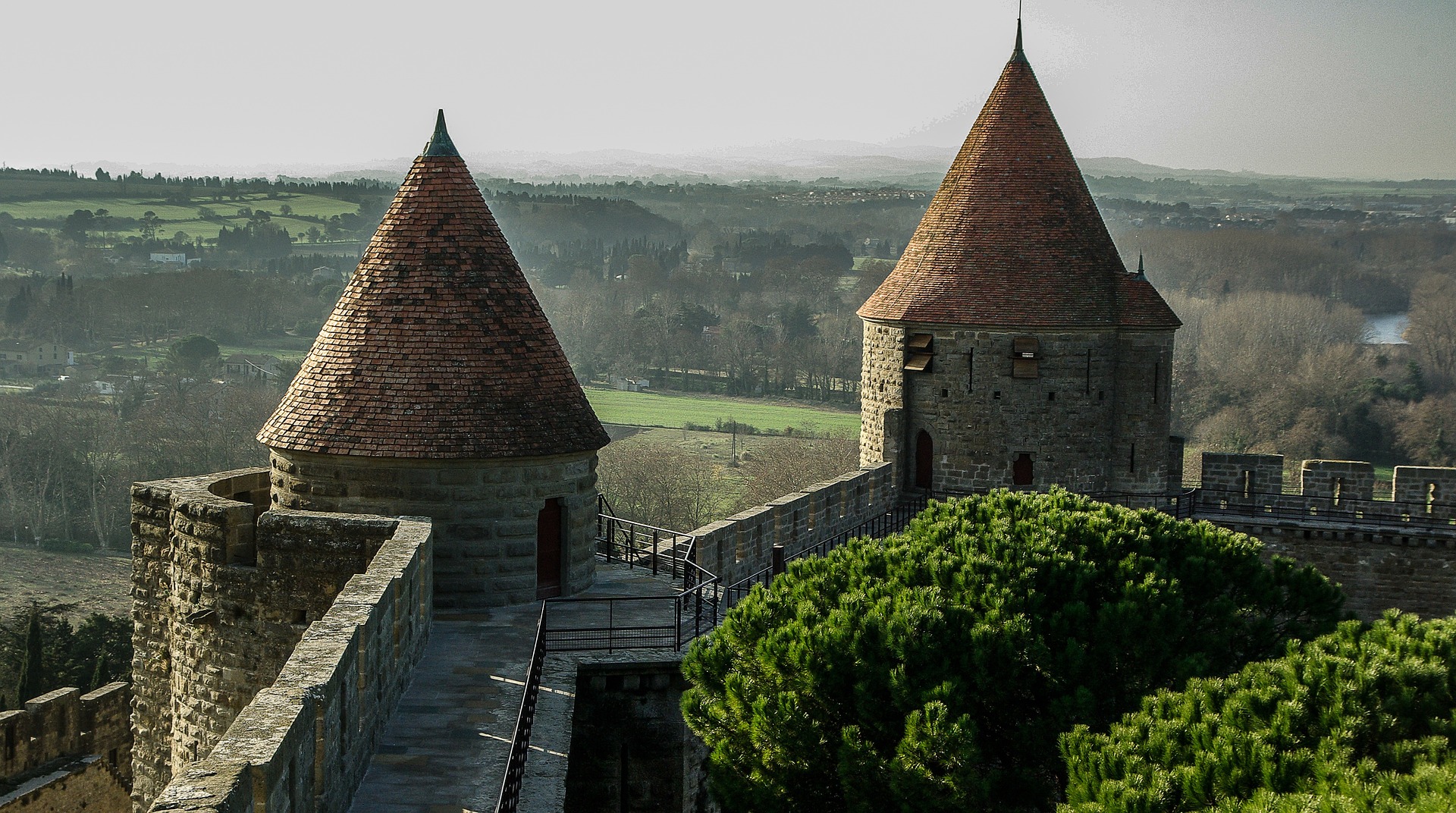I think we can all appreciate the very human moments that the Gospel authors capture for us. In today’s Gospel, I think we can all hear in our minds Jesus’ sighing, “from the depth of His spirit.” We’ve all likely experienced both sides of that sigh, as recipients and exasperated individuals whose patience is worn thin.
Jesus is human. He experienced frustration. Time and again He had explained Himself to the Pharisees. He spoke in parables, offered witty sayings, preached and healed and performed miracles. What more did they want?
A sign, they claim. We require a specific sign. Then we will believe.
Basically, they wanted Jesus to meet their demands and expectations. It is fascinating to consider mere human beings trying to demand signs and wonders from the Son of God. We might even laugh at this behavior which so obviously misses the mark. Yet, we repeat the same offense. We barter with God, “I’ll say a rosary every day if you heal my mother.” Or, “I’ll go to daily Mass if you find me the money for my debts.” We beg, “I’ll do whatever you say, just get me out of this situation.”
This isn’t the way God works. God isn’t someone to be bartered with, He’s someone to walk alongside. God isn’t an accountant, keeping track of how many Hail Mary’s and Our Father’s we said before He will grant our request. He wants so much more than a laundry list of spiritual activities, He wants our very selves. He wants to be in a relationship with us.
Jesus wants our friendship. A friend is someone who you talk with, who you share both joys and sorrows with. This is the person you turn to for advice, to vent frustration, to dream up big plans. More than this, a true friend is someone you desire in your life because of who they are, not because of what they can give you.
Again and again, Jesus engages with the Pharisees and scribes throughout the Gospels. Each encounter is another invitation to change their minds, to renew their sight that they might see Him for who He is. They were so focused on what they thought they were looking for that they missed the reality happening before their very eyes.
Creo que todos podemos apreciar los momentos tan humanos que los autores de los Evangelios capturan para nosotros. En el Evangelio de hoy, creo que todos podemos escuchar en nuestras mentes cuando Jesús “suspiró profundamente”. Probablemente todos hemos experimentado ambos lados de ese suspiro, como receptores e individuos exasperados cuya paciencia se está agotando.
Jesús es un ser humano. Experimentó frustración. Una y otra vez se había explicado a los fariseos. Habló en parábolas, ofreció dichos ingeniosos, predicó, curó y realizó milagros. ¿Qué más querían?
Una señal, afirman. Requerimos una señal específica. Entonces creeremos.
Básicamente, querían que Jesús cumpliera con sus demandas y expectativas. Es fascinante considerar a simples seres humanos tratando de exigir señales y prodigios del Hijo de Dios. Incluso podríamos reírnos de este comportamiento que es obviamente equivocado. Sin embargo, repetimos la misma ofensa. Intercambiamos con Dios: “Rezaré un rosario todos los días si sanas a mi madre”. O: “Iré a misa todos los días si me consigues el dinero para pagar mis deudas”. Rogamos: “Haré lo que tú digas, sólo sácame de esta situación”.
Esta no es la forma en que Dios obra. Dios no es alguien con quien se puede negociar, es alguien con quien caminar. Dios no es un contador que lleva la cuenta de cuántos Avemarías y Padrenuestros recitamos antes de conceder nuestra petición. Quiere mucho más que una larga lista de actividades espirituales: nos quiere a nosotros mismos. Quiere tener una relación con nosotros.
Jesús quiere nuestra amistad. Un amigo es alguien con quien hablas, con quien compartes alegrías y tristezas. Esta es la persona a la que acudes en busca de consejo, para desahogar frustraciones, para idear grandes planes. Más que esto, un verdadero amigo es alguien que deseas en tu vida por quién es, no por lo que puede darte.
Una y otra vez, Jesús se relaciona con los fariseos y los escribas a lo largo de los evangelios. Cada encuentro es otra invitación a cambiar de opinión, a renovar la vista para poder verlo tal como es. Estaban tan concentrados en lo que pensaban que estaban buscando que se perdieron la realidad que estaba sucediendo ante sus propios ojos.
 Kate Taliaferro is an Air Force wife and mother. She is blessed to be able to homeschool, bake bread and fold endless piles of laundry. When not planning a school day, writing a blog post or cooking pasta, Kate can be found curled up with a book or working with some kind of fiber craft. Kate blogs at DailyGraces.net.
Kate Taliaferro is an Air Force wife and mother. She is blessed to be able to homeschool, bake bread and fold endless piles of laundry. When not planning a school day, writing a blog post or cooking pasta, Kate can be found curled up with a book or working with some kind of fiber craft. Kate blogs at DailyGraces.net.
Feature Image Credit: StockSnap, pixabay.com/photos/women-girls-talking-smile-happy-2583502/












